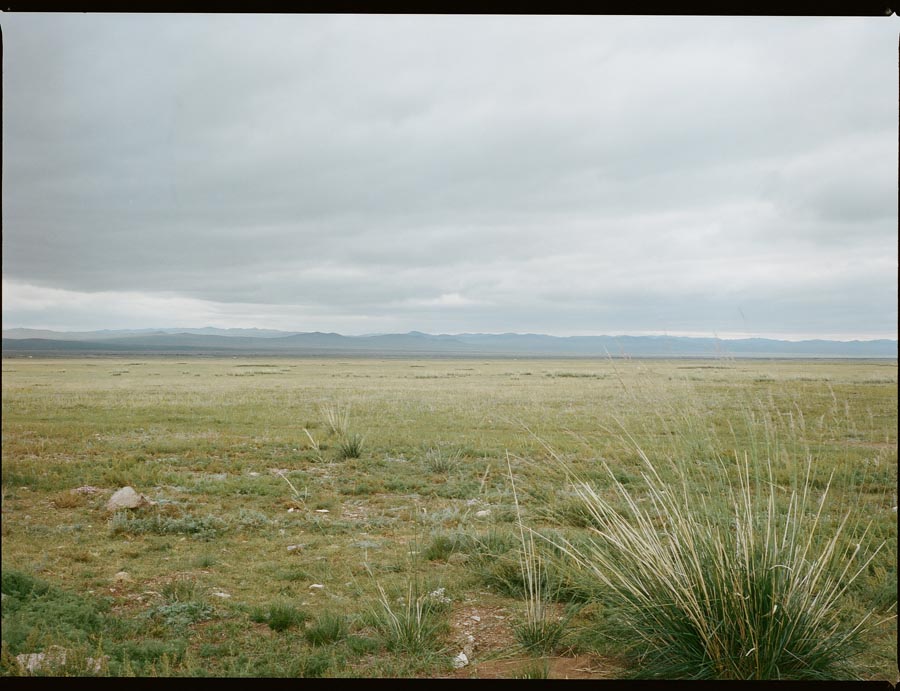"I am a human observing Nature."
"I am a human being observed by Nature."
"I am a human observing Nature and being observed by Nature." (*)
(*) www.newmoonritesofpassage.com
The link between ourselves and the world, nature, the wild, the earth that carries us and welcomes us,
our wild and free place... intimate and shared.
The ecology of oneself, at the heart of oneself... How can we break the dissociation between man and nature, hearing once again that we are one, with tenderness, with respect, with joy, in this sacred bond that our ancestors have long understood without having to explain it?
It's time for us here to restore that link, urgently, diligently, passionately, tenderly.
How can we imagine a society that does not know how to take care of its land? How can we imagine beings who would not be deeply saddened to see the place that welcomes them die?
Maybe it's that natural need to belong and join, in the heart of the living, in the heart of nature, and never turn back.
Deep ecology* is a vast movement, taught in North American universities and practiced by activists around the world and in Europe. Based on simple principles of reconnection and wisdom, it includes the evidence of a world where all beings are interconnected. "By all my relations", as the Amerindians say. We are the ones we've been waiting for...
Medicine walks, vision quests, reading nature signs and nature spirits are rituals of deep ecology. We need to reconnect with the world that surrounds and inhabits us. Deep ecology is a source of immense hope: to reconnect, generously, naturally, now.
*The term Deep ecology comes from the philosopher Arne Naess who, in 1973, coined the term to describe an ecology that would respect all living things equally.
His concept is also intended to reflect an internalization of the implications of ecology. It assumes that when we identify with all forms of life, alienation fades. "I protect the rainforest" becomes "I am a part of the rainforest protecting itself. I am that element of the rainforest in which thought has recently appeared."
The semantic device is posited in three different directions: ego-realization; self-realization; Self-realization.
- Ego fulfillment: In the common parlance of industrialized countries, the term "self-actualization" is generally used to designate what is known as "ego fulfillment". This way of expressing oneself underlies a certain ambient competition.
- La réalisation de soi : Une autre hypothèse consiste à supposer une compatibilité croissante des individus au fur et à mesure de leur maturation. Spinoza développe cela dans son « Ethique ». L’ego étroit du petit enfant va se déployer progressivement vers le groupe, puis pour ensuite avoir une compréhension capable d’embrasser la totalité des êtres humains.
- Self-realization: Deep ecology goes a step further, positing that self-realization is an unfolding of the individual's identification with the totality of life forms.
In short, find out more about ecopsychology.
In practice:
-Ceremonies and Practices in Nature
-Healing Nature



